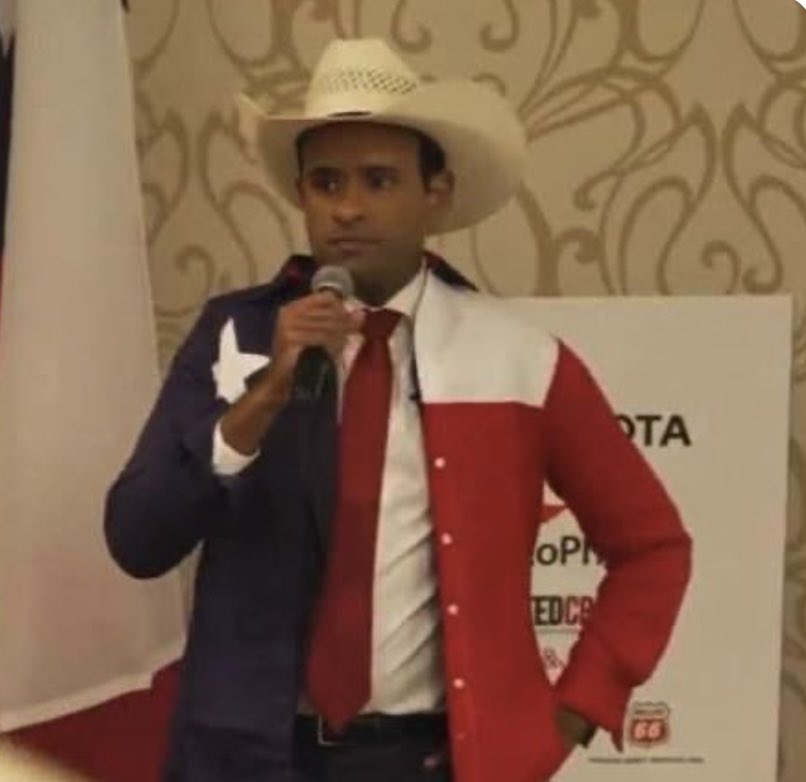THREAD
Re-reading some history on this MLK day.
I read all of Robert Caro a number of years ago. No better biography written.
So when I hear Portman, LaRose, Romney and others oppose the “federal takeover” of voting rights, I knew it sounded familiar.
1/
Re-reading some history on this MLK day.
I read all of Robert Caro a number of years ago. No better biography written.
So when I hear Portman, LaRose, Romney and others oppose the “federal takeover” of voting rights, I knew it sounded familiar.
1/

Indeed, that was the precise framing used by the Southern segregationists dedicated to stopping any and all civil rights legislation…but who knew they could no longer appeal to openly racist sentiments as their forerunners had
So they always grounded their obstruction…
2/
So they always grounded their obstruction…
2/

in the less charged narrative of a “federal takeover;” a takeover by outsiders; that the problems were already being solved within the states with no need for “federal interference.”
(And we know that those problems were NOT being solved)
3/
(And we know that those problems were NOT being solved)
3/

By eschewing the racist rhetoric of Southern predecessors, the “federal takeover” frame also made it easier for non-southern allies to join the cause of stopping civil rights legislation from passing.
It was a “vastly more effective” strategy.
4/
It was a “vastly more effective” strategy.
4/

But as Caro points out, the impact was the same.
Those decades of obstruction rendered a cost on the Black citizens of the South in particular…a cost of “tears and plain and blood,” as even anti-lynching laws didn’t pass
5/
Those decades of obstruction rendered a cost on the Black citizens of the South in particular…a cost of “tears and plain and blood,” as even anti-lynching laws didn’t pass
5/

So as you hear “genteel” politicians of today throw around the term “federal takeover” as they oppose voting rights, but praise MLK, know that they are not only taking the 30s-60s segregationists’ side, they are adopting the most effective play from that segregation playbook
END
END

• • •
Missing some Tweet in this thread? You can try to
force a refresh
















